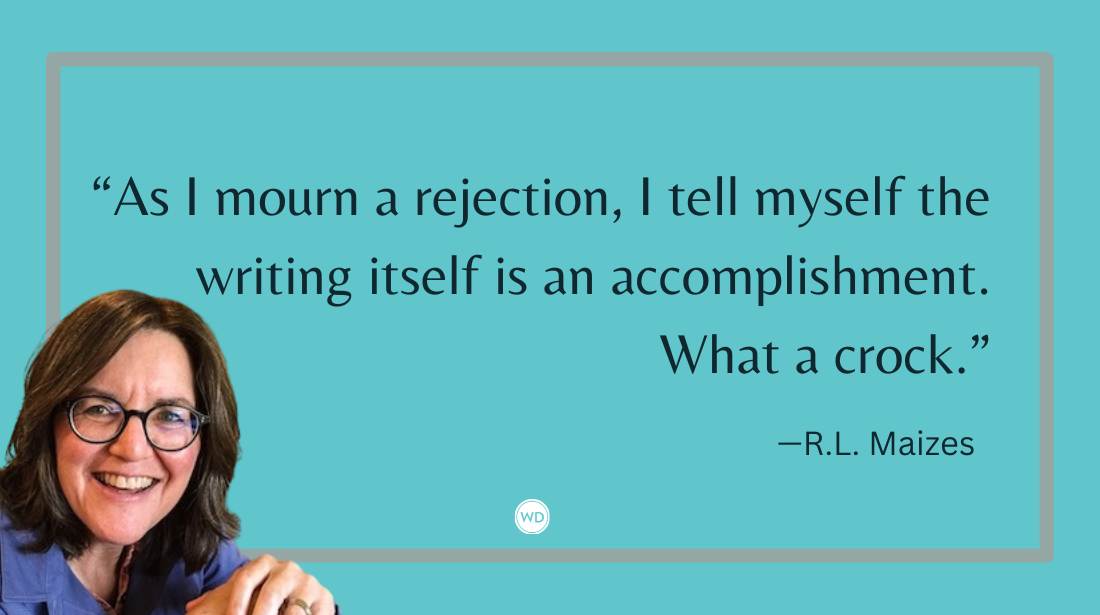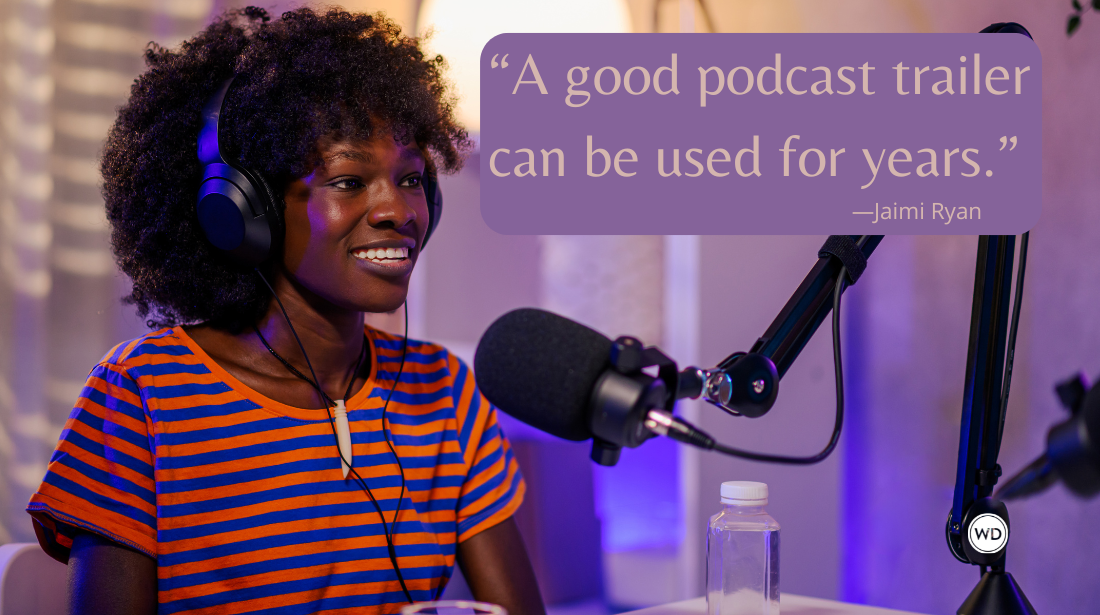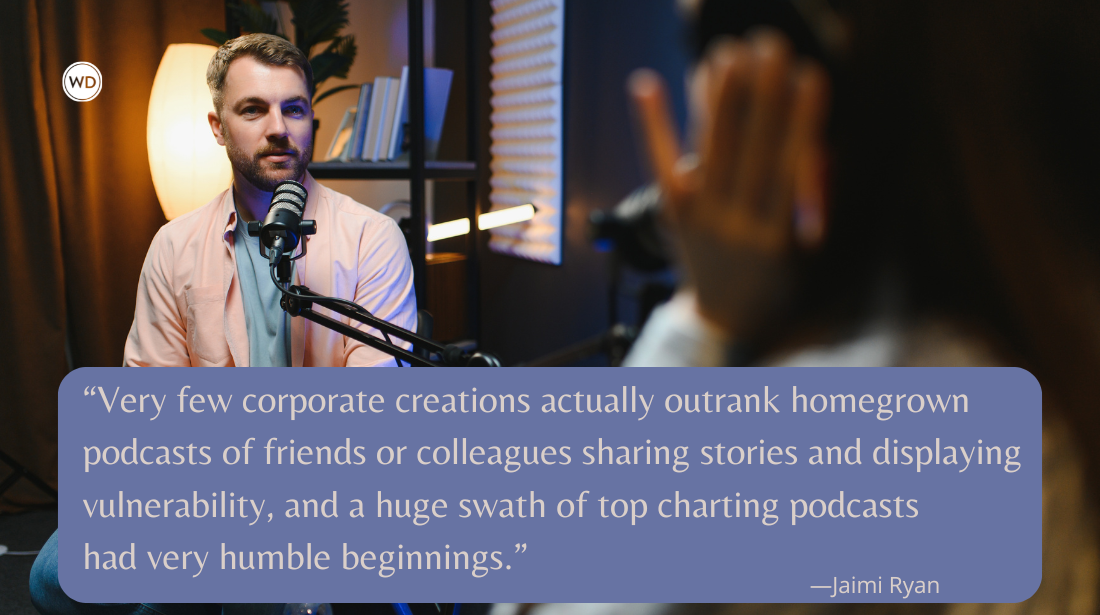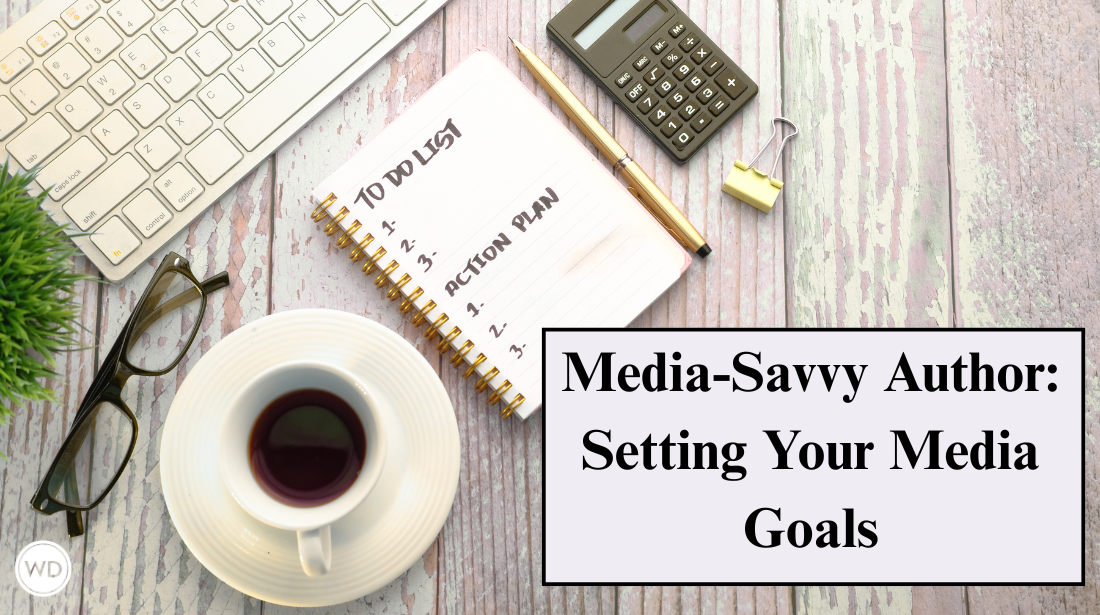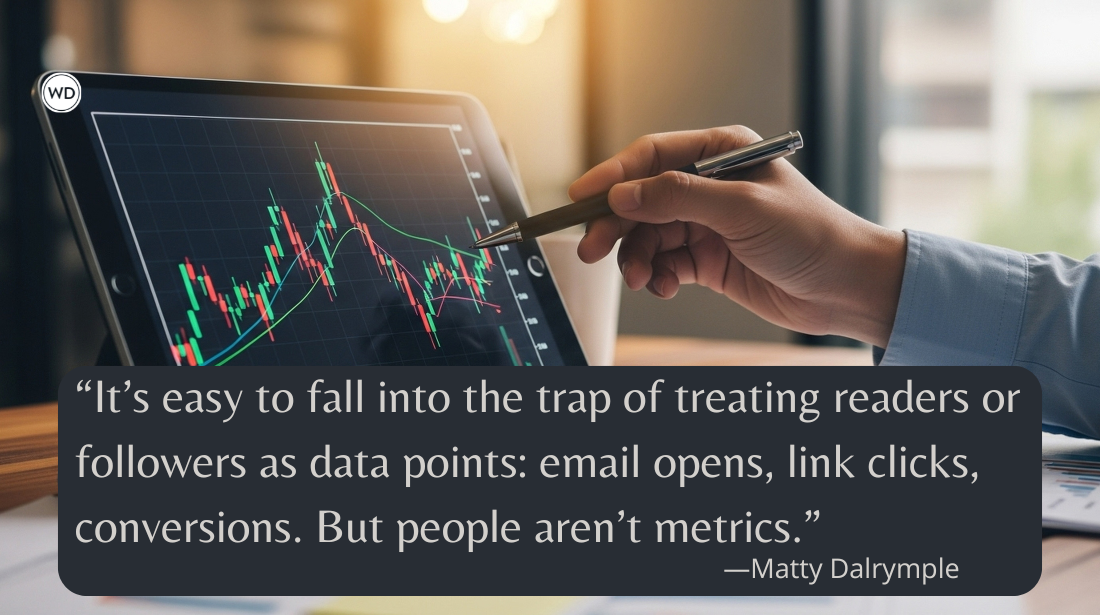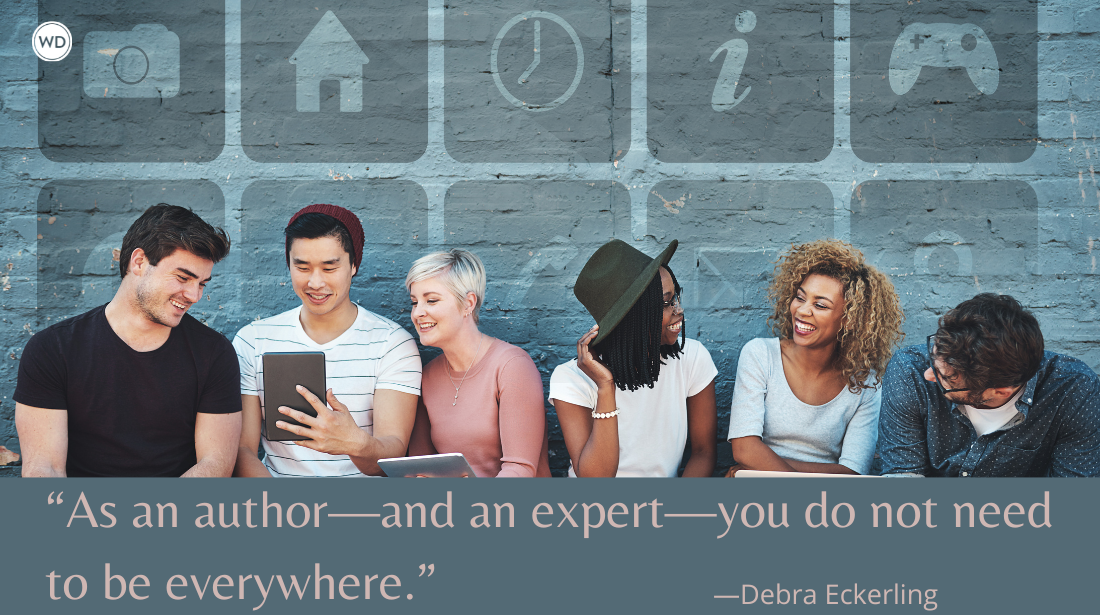My Big Rant on Self-Publishing
I can’t tell you how tired I am of hearing people bash self-publishing. The things I hear usually fall into two categories: If you agree with one of the above…
I can't tell you how tired I am of hearing people bash self-publishing. The things I hear usually fall into two categories:
- Most self-published books aren't quality
- Some self-publishing services are unethical
If you agree with one of the above statements, let me lay it out real clear for you: The landscape is changing, and if you haven't noticed, you're behind the times. This particular blog post addresses the quality issue, because the ethics issue is becoming less of a problem. The moment any self-pub service tries to pull a fast one or do something questionable, it's trumpeted far and wide online. And often it's the people who aren't doing their research and due diligence that get taken advantage of. I'm not saying it's right for this to happen, nor do I condone it, but all industries have bad eggs.
But moving on, consider:
- Distribution models are changing. With advancements in technology, and the power now within an average writer's hands, it's not necessary to have physical bookstore distribution to achieve success. (See my interview with Smashwords and Stanza for more on this.)
- Traditional publishers now rely on authors to do all the marketing and promotion. It used to be that writers could concentrate on writing and forget about that icky sales and marketing stuff. Well, welcome to the new world. Marketing is now expected from authors. And authors who survive will be the ones who find ways to authentically grow their platform and meaningfully reach their readership.
- Communities will decide what books are worthwhile, and communities won't have ego-filled judgments. Publishers will always be giving their authors one thing that is hard to come by: a measure of instant credibility. (That is: Someone thought this was good enough to take a financial risk on.) In good scenarios, there is also collaboration: to make a good book a great book. But soon, communities will have as much power as publishers to decide what books deserve attention. Plus you and I will be more likely to trust judgments coming from people we know and have something in common with, not necessarily The New York Times. It goes back to the whole end of cultural authority.
You're probably thinking, "Oh my god, she's totally in the pocket of the self-publishers and enslaved to them because of their advertising dollars that support the magazine." You can take the cynic's view if you wish and choose to believe that what I write is not authentically my view. But my background is 10 years of traditional book publishing—acting as the gatekeeper. I have a lot of investment in that traditional model. But I know if we [insiders] don't change what we do, we'll become irrelevant, and that's a worse fate.
When I started working for Writer's Digest magazine, one of my first assignments was producing the special newsstand-only issue on self-publishing (called Publishing Success). And I noticed that self-publishing is a hell of a lot of work. You don't get any hand-holding from agents or editors, and you're on your own if you want to be successful. Most people execute it poorly because they are not business people, and they don't have a good grasp on their audience. They're simply writing for themselves (catharsis). But I'm not going to fault the entire self-publishing approach because many people use it as a tool for personal validation (e.g., by publishing a life story, 200,000-word novel, or manifesto).
While at Writer's Digest, I've seen thousands of self-published books come through our Self-Published Book Awards. Ninety-nine percent don't meet my standard of quality for publication. But I can also tell clearly they were a work of passion, and it meant something dearly to people to get it in print. I can be heartless and say, "Well if these people have a book inside them, that's exactly where it should stay," or I can say: "Go ahead, take a chance, get hurt even." Most people, even published authors, have a lot to learn when it comes to what deserves print publication.
You want to have a traditional publisher and a literary agent that you can tout—so you can strut around and call yourself a published author? Go right ahead. But here's the judgment I bring to the table: Does your book sell? Do you have visibility? Or are you living in obscurity? Because I can't tell you often enough: I don't care who published you or how much you were paid for an advance: If you ain't got readers, you ain't got love, you ain't got money, you ain't got a future in publishing.
It is exciting to be able to publish a book virtually within 5 minutes with the new services available (through Amazon & Kindle, through Smashwords-Stanza-iPhone, through Lulu, and others). Yes, it will lead to an unbelievable amount of media detritus. But we have the tools today to find what we want and ignore the rest.
Jane Friedman is a full-time entrepreneur (since 2014) and has 20 years of experience in the publishing industry. She is the co-founder of The Hot Sheet, the essential publishing industry newsletter for authors, and is the former publisher of Writer’s Digest. In addition to being a columnist with Publishers Weekly and a professor with The Great Courses, Jane maintains an award-winning blog for writers at JaneFriedman.com. Jane’s newest book is The Business of Being a Writer (University of Chicago Press, 2018).




